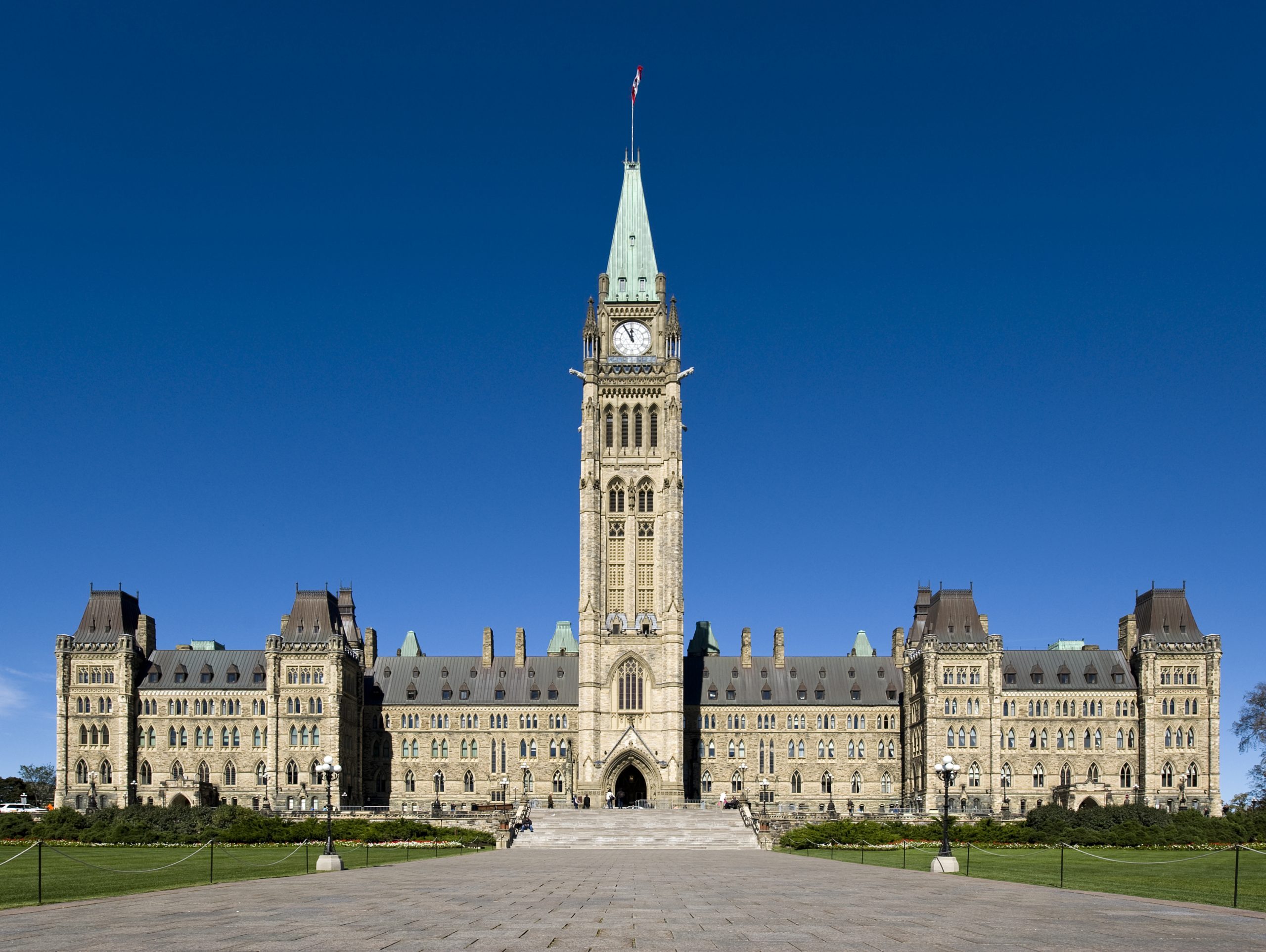Ontario can no longer afford to subsidize the rest of Canada and its generosity actually undermines the country, a fiscal federalism expert warns.
David MacKinnon, a former senior bureaucrat in Ontario and Nova Scotia, told an Empire Club luncheon yesterday that the country’s economic engine is “in significant difficulty today.”
“Toronto is the unemployment capital of Canada,” MacKinnon said, noting Ontario has lost 64,000 of its manufacturing jobs in a year, 6.5 per cent of the total.
“We have been in a long, slow decline since the 1960s.”
Premier Dalton McGuinty has argued for years that Ontario is not keeping up with the provinces and territories it has been bankrolling since the federal wealth-sharing equalization program was launched in 1957.
MacKinnon authored a 2005 report on the fiscal imbalance for the Ontario Chamber of Commerce that bolstered McGuinty’s case and contributed to Prime Minister Stephen Harper eventually giving additional funding to Ontario.
But Ontario taxpayers still funnel billions of dollars to supposedly needy provinces like Quebec, Manitoba and those in Atlantic Canada – even though those regions actually enjoy “gold-plated public services” compared to those here.
“In Nova Scotia there are 32 hospitals and, in P.E.I., eight – 40 hospitals for a population of 1 million. In the city of Vaughan, just above Toronto, there isn’t a single hospital for over 200,000 people,” noted MacKinnon.
While McGuinty used to thunder against “the $23-billion gap” between what Ontarians send to Ottawa and what is returned to the province in services and transfers, the premier has toned down the rhetoric in the last year or so.
MacKinnon argued it is time for Ontario’s federal and provincial politicians to reignite that crusade, “to get real and get tough.”
Weaning so-called “have-not” provinces off the Ontario- and Alberta-subsidized equalization teat would also benefit the country, he said, noting the “tidal wave” of funding from Alberta and Ontario taxpayers to recipient jurisdictions impairs economic growth by forcing labour costs to national levels and forcing unsubsidized enterprises to compete with subsidized ones.
There are few signs the situation will improve, said MacKinnon, pointing to the federal Conservative government’s recent scheme to give B.C. and Alberta more new Commons seats per capita than Ontario to reflect population growth.
Against such an anti-Ontario backdrop, he said it’s a wonder Ontarians haven’t risen up the way American colonists did in 1773 against their British overlords.
“Perhaps we need to borrow an idea from the Americans and have the modern equivalent of a tea party in Toronto harbour to argue for the principles of representation by population and no taxation without fair representation,” he said.



